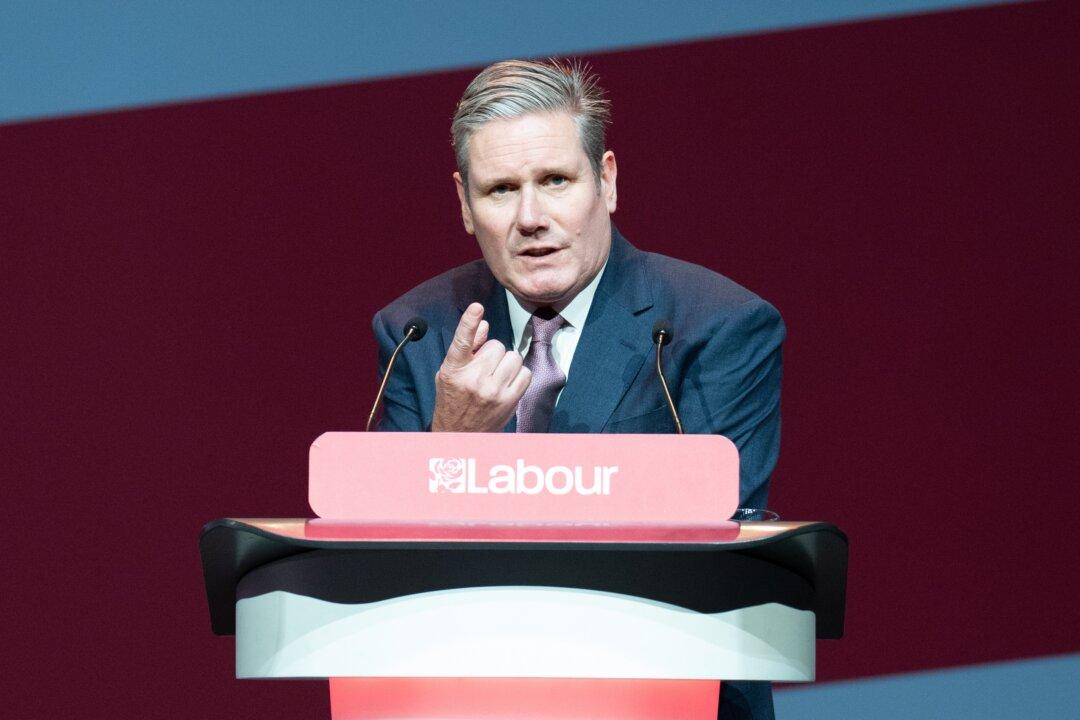A Labour Party proposed “returns deal' with the European Union to manage the small boats crisis could result in the UK receiving a higher number of illegal immigrants than it could return, analysis by a British think-tank suggests.
Migration Watch said the party’s asylum policy proposals “may exacerbate” the problem and could pose significant challenges for immigration control.





